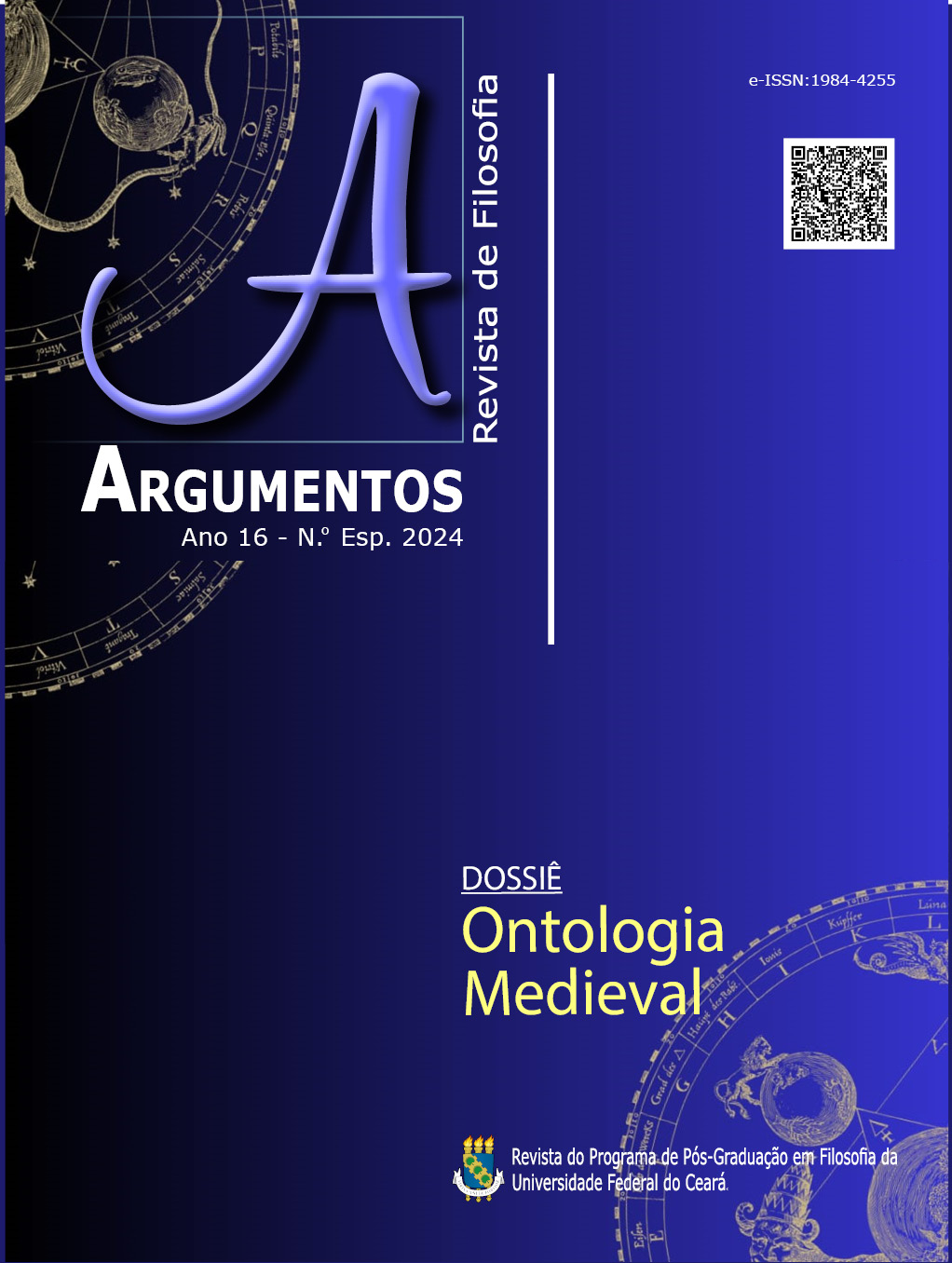The nihilification of things or how the world of life became the infosphere: Byung-Chul Han
Keywords:
Byung-Chul Han. Non-things. World of life. Nihilification. Digital age. Artificial intelligence.Abstract
This is a critical review of Não-coisas: Reviravoltas do mundo da vida a recent book by philosopher Byung-Chul Han. We intend to present a panel in which the main features of the work will be shown. From the concept of “non-things” (Undinge), this one confessedly appropriated from Vilém Flusser, there are indications of how our world is increasingly experienced as being emptied of meaning. The thesis is that computing, by digitizing reality, makes it unreal. In view of this, themes such as the world of life, artificial intelligence, and the digital come into consideration in light of the concept of non-things.
References
FLUSSER, V. O mundo codificado: Por uma filosofia do design e da comunicação. Tradução de Raquel Abi-Sâmara. São Paulo: Cosac Naivy, 2007.
FROMM, E. Ter ou ser. Tradução de Waltensir Dutra. Rio de Janeiro: Zahar, 1977.
HAN, B.-C. Não-coisas: Reviravoltas do mundo da vida. Tradução de Rafael Rodrigues Garcia. Petrópolis: Vozes, 2023.
Downloads
Published
Issue
Section
License
Copyright (c) 2024 Roberto Kahlmeyer-Mertens

This work is licensed under a Creative Commons Attribution 4.0 International License.
Argumentos magazine is licensed under an International Creative Commons Attribution License.
The Magazine uses CC BY inclusion
1) The authors retain the copyright granted to the magazine or the right to initial publication, with the work regularly licensed under the Creative Commons Attribution, which allows the sharing of the work with acknowledgment of authorship and initial publication in this magazine.
2) The authors are authorized to contract additional applicable contracts, for non-exclusive distribution of the version of the work published in this journal (for example, publication in the institutional repository or as a chapter of the book), recognition of authorship and initial publication in this journal.
3) Authors are authorized and encourage to publish and distribute their work online (for example, in institutional repositories or on their personal pages) at any time before or during the editorial process, as they can generate productive changes, as well as increase the impact and reference of published work.




.jpg)










._._3.png)
1.jpg)
._._._.png)
